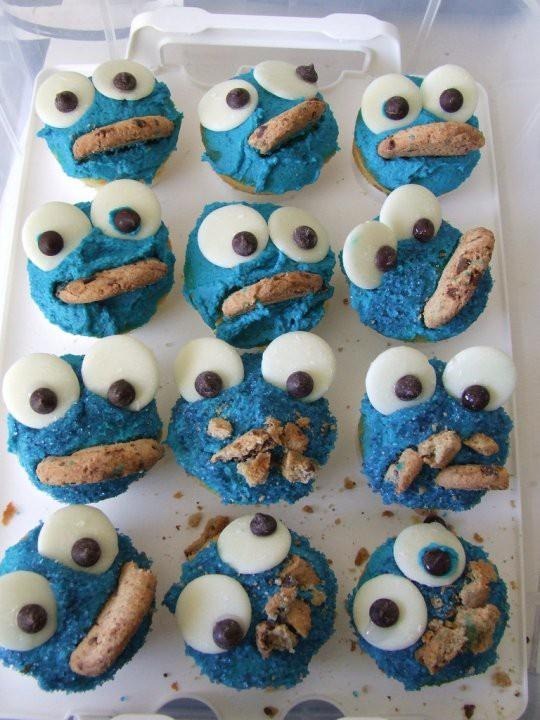I love languages, foreign ones as well as my own, with English as my absolute favourite. They were my favourite subjects at school, and I went on to study linguistics and literature in college.
 Belgium is an interesting country to live in for a language enthusiast. It's tiny (about 30,000 square kilometres), has 11 million inhabitants and we have no less than three national languages:
Belgium is an interesting country to live in for a language enthusiast. It's tiny (about 30,000 square kilometres), has 11 million inhabitants and we have no less than three national languages:- Flemish (spoken by 59% of the population)
- French (40%)
- German (less than 1%)
On top of that, many people still speak one of the numerous local dialects, which can vary greatly even over a small distance.
Our country is located right in the centre of Western Europe and we're surrounded by countries with a distinct identity, culture, cuisine and language of their own: France, England, the Netherlands, Germany and Luxembourg. Cities such as Paris, London, Amsterdam, Cologne, Bonn and Luxembourg are only a couple of hours away.
This means that, from an early age onwards, most of us come in regular contact with other languages, and – as Dutch isn't spoken widely in the world – we're quickly confronted with the need to learn a language other than our own.
 I was raised in Flemish and our local dialect, learnt French and Latin in school, studied English and German at university and took 2 years of Spanish evening classes afterwards.
I was raised in Flemish and our local dialect, learnt French and Latin in school, studied English and German at university and took 2 years of Spanish evening classes afterwards.To me, the biggest benefit of speaking a foreign language is that it gives you access to other cultures in a way you would never get if you have to rely on other people to speak your tongue.
Using the local language – even if you're not fluent – is often perceived as a token of respect for local culture (and its people), and it allows for more personal and often more interesting connections and experiences.
An article I recently read reminded me of another benefit of knowing other languages: it gives access to more shades of meaning, partly through the typical 'untranslatable words' each language has.
 Words like the magical Spanish 'duende', the subtle German 'Fingerspitzengefühl', the yearning Russian 'toska', the all-too-human Scottish 'tartle' or the tender Brazilian Portuguese 'cafuné' (see the article) have the power to evoke feelings and memories, to enrich our lives and our way of thinking.
Words like the magical Spanish 'duende', the subtle German 'Fingerspitzengefühl', the yearning Russian 'toska', the all-too-human Scottish 'tartle' or the tender Brazilian Portuguese 'cafuné' (see the article) have the power to evoke feelings and memories, to enrich our lives and our way of thinking.We're diverse and fascinating creatures and our languages reflect that. With each new one we learn, we open up another piece of our universe – and possibly ourselves.
What's your favourite 'untranslatable' word? Which language(s) would you most like to learn?
--------
Image 1: 'EU-Belgium.svg' - Wikimedia commons
Image 2: 'De liefde in het Duits-Nederlands woordenboek' by marie-ll, available under a creative commons license. © 2006, marie-ll.
Image 3: 'graceful intensity' by Kristy, available under a creative commons license. © 2004, Kristy.
--------
Image 1: 'EU-Belgium.svg' - Wikimedia commons
Image 2: 'De liefde in het Duits-Nederlands woordenboek' by marie-ll, available under a creative commons license. © 2006, marie-ll.
Image 3: 'graceful intensity' by Kristy, available under a creative commons license. © 2004, Kristy.
♥ Bookmark or share this post ♥













